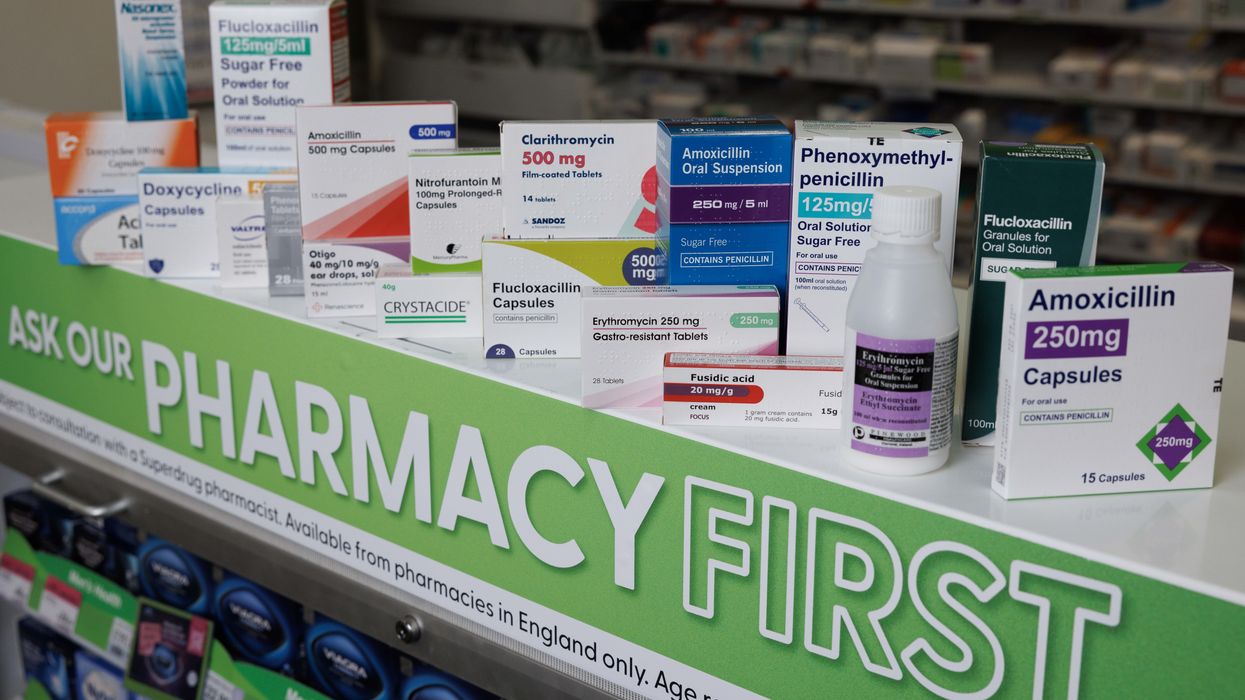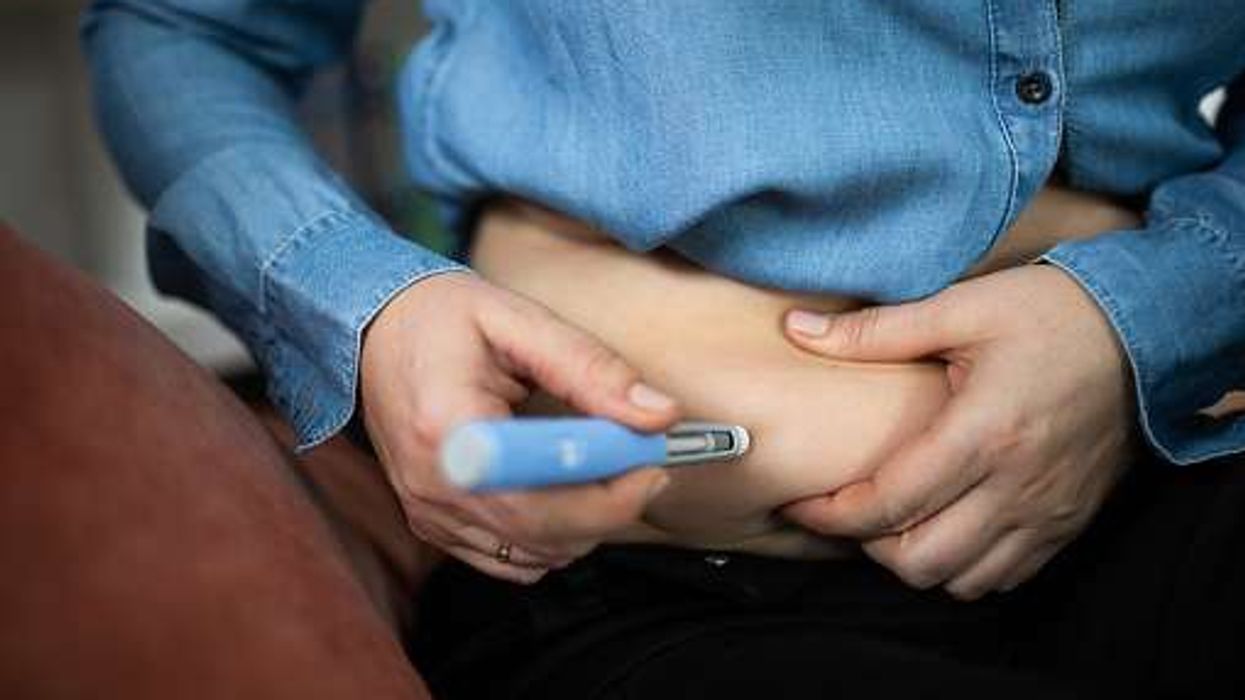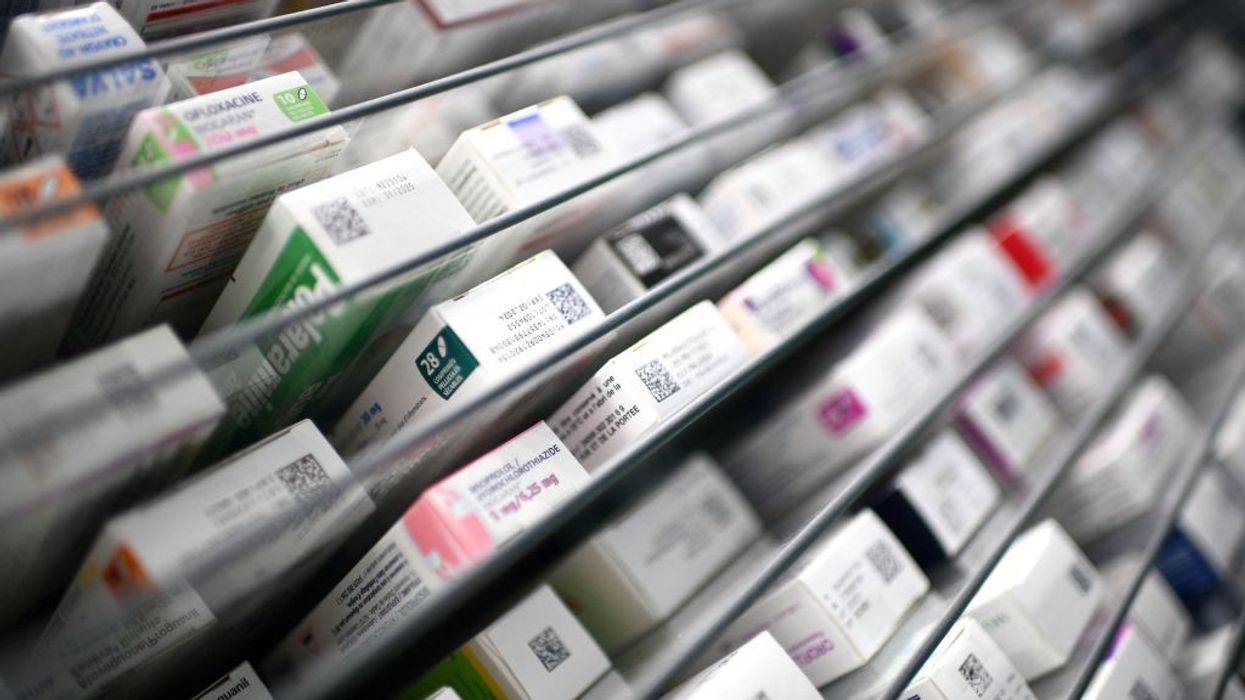Community Pharmacy South Yorkshire (CPSY) has strongly advised local pharmacy contractors to not attend training or sign up to supply anti-smoking pill varenicline under a new Stop Smoking Service Level Agreement (SLA) until the matter of “inadequate” fees is resolved.
In an update sent to contractors on 14 February, the organisation stated that it did not support the varenicline patient group direction (PGD) supply service under the current fee structure.
Varenicline was reintroduced for NHS patients in November 2024, three years after its withdrawal due to concerns over a probable carcinogen. Previously marketed as Champix by Pfizer, the oral pill is now available as a generic product.
Local service commissioners are looking to reintroduce the nicotine receptor partial agonist using a PGD from community pharmacies under Stop Smoking SLAs.
However, South West Yorkshire Trust (SWYT) has started issuing its new SLA with the same fee structure that has been in place for several years, despite requests from CPSY to address “inflationary pressures, rising National Living Wage costs and the cost of providing a pharmacist-led intervention.”
Under the current structure, the remuneration fee for the initial supply of varenicline is £15.00 in Doncaster, with £3.00 for follow-up supplies, and £20.00 in Barnsley, South Yorkshire, and Sheffield, with a £2.50 fee for follow-ups.
CPSY said that they had requested SWYT to exclude the Varenicline element from the current SLA until an agreement on fees had been reached, but the trust went against this advice and issued SLAs to contractors in Sheffield and Calderdale (West Yorkshire).
Additionally, SWYT has contacted pharmacies in Barnsley about training, with a note indicating that an SLA will follow shortly.
CPSY has warned that the current financial offer of £2.50–£3 per pharmacist-led intervention is insufficient and could lead to contractors providing this service at a loss.
“This undervaluation does not fairly compensate for the clinical expertise, time, and responsibility involved in supplying Varenicline under a PGD,” the organisation noted.
“It not only fails to support contractors but also risks undermining the long-term viability of the service and could result in patient safety risks by not remunerating sufficient time to undertake a consultation,” it added.
Furthermore, CPSY stressed that the supply of varenicline under a PGD should not be considered equivalent to the supply of nicotine replacement therapy (NRT) under a level 1 service.
“If SWYT reconsiders its position and offers a more appropriate fee that better reflects the professional input required, CPSY will reconsider our support for the service and will provide an update to contractors at this time,” the committee stated.
CPSY reiterated that they fully recognised the significant financial pressures faced by community pharmacy contractors and the need for “fair, sustainable remuneration” for the services provided.













